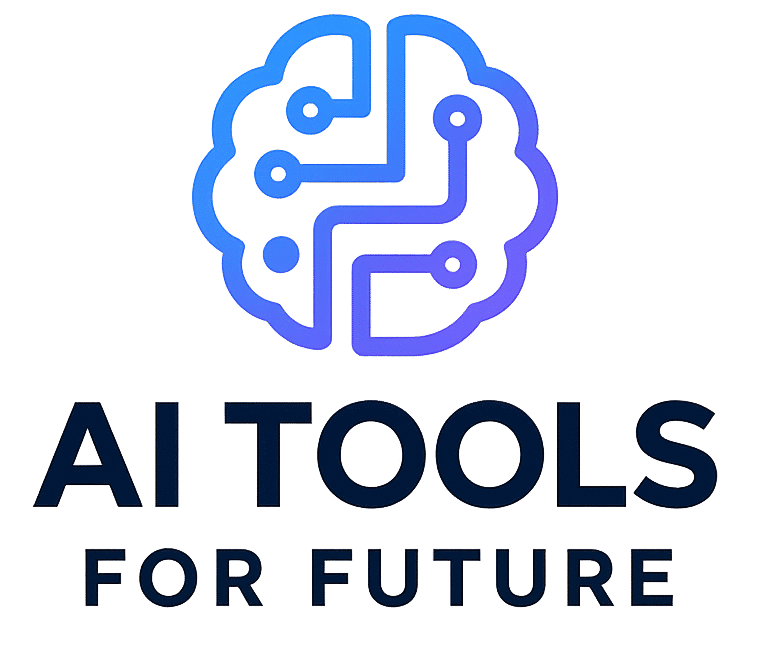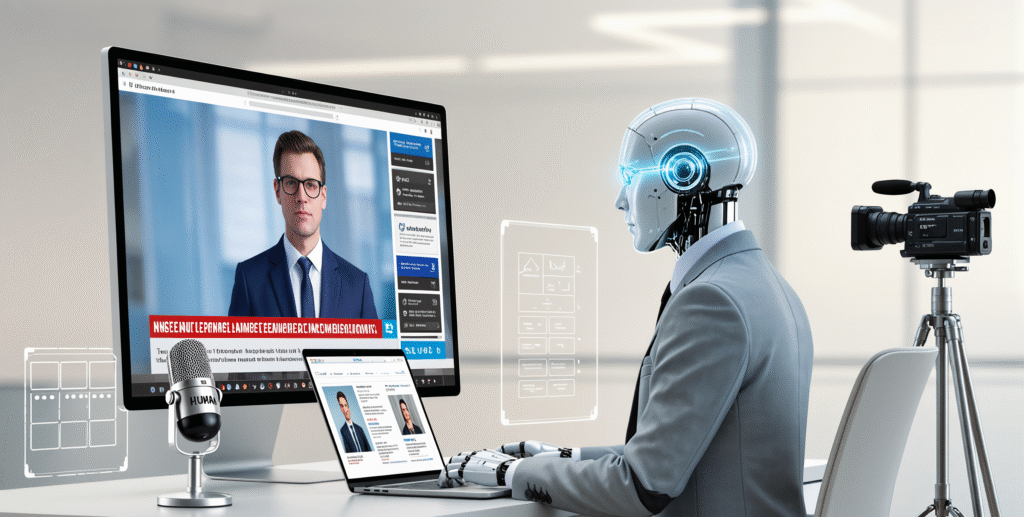
In the workplace of today that is consistently transforming rapidly, there’s no longer data analytics or task automation for AI Agents. We are seeing the birth of digital employees—AI-based representatives that can do difficult, context-based work that humans used to be required to do. Whether it’s customer service and financial transactions or recruitment and IT support, these virtual workers are starting to change the way companies work. But with an increasing number of them, so does a critical question: Can AI agents actually replace human ones or will they just supplement them?
What Are Digital Employees?
Digital employees are sophisticated AI agents, who achieve way more than just a chatbot or an interface like script automations. They integrate NLP, ML and reasoning capabilities to execute end-to-end workflows with little human assistance. Unlike classical automation – which runs on pre-coded instructions – digital employees can learn from data, adjust to new situations and interact with humans in natural ways.
For example:
A digital HR assistant can scout resumes, schedule interviews and respond to candidates’ questions.
A digital finance assistant can run reports, process invoices and record compliance.- A digital IT agent can troubleshoot system issues, reset passwords and escalate tickets as necessary.
These functionalities make the digital staff an evolutionary leap forward in enterprise solutions’ automation.
Why Companies Are Turning to Digital Employees
Digital workers rise is catalyzed by a number of enterprise requirements:
- Scalability – AI agents can manage thousands of parallel interactions, a feat that is beyond human teams.
- 24/7 Work Power – Digital employees don’t require time off like their human counterparts, allowing for distribution of work power across the globe.
- Cost Saving – Automation of mundane tasks reduces overheads and enables businesses to invest in innovation.
- Consistency & Accuracy -AI helps eliminate human errors and maintains uniformity across the process.
- Skills Gap -In sectors that are finding it difficult to hire these digital employees provide operational coverage and support for over-extended human staff.
The Things AI Agents Are Good At
AI agents excel in more focused tasks such as:
Repeated and rule-based: Data entry, processing payroll, verifying compliance.
Information systems: Customer service, tech support, helpdesk.
Predictive and analytic: Demand prediction, fraud detection, market analysis.
Workflow: Order Management, Scheduling, Claims Processor.
In these settings, AI agents tend to be faster, more accurate and less costly than humans.
Human Roles at Risk
It’s not exactly a secret that some jobs are more susceptible to automation than others. The professions most vulnerable according to employment studies are:
Customer service representatives
Data entry clerks
Telemarketers
Basic financial analysts
Administrative support staff
But the ascendance of those digital workers doesn’t mean humans will all be out of a job. Rather, the nature of work has changed — from routine execution to crafting strategy.
Why Humans Still Matter
Even with that amazing advancement, digital employees can’t yet replicate uniquely human attributes. Some limitations include:
- Emotional Intelligence – it is very difficult for AI to express authentic empathy, something crucial in healthcare, counselling & delicate negotiations.
- Complex Decision-Making – Such tasks are still largely driven by humans if the decisions call for judgment, ethics or creativity.
- Trust and Relationship – For reassurance or relationship building, customers prefer to deal with people.
- Performance in unstructured tasks – Human people are also very good at dealing with variability and exceptions.AI/ML
Rather than replacing humans, AI agents will probably assume routine jobs and thereby enable employees to spend more time on innovation, roles based on empathy and strategy.
The Symbiotic Work of the Future
The most probable future isn’t a world where humans are replaced by digital employees, but rather one where they work together in hybrid teams. For example:
AI + Human in Customer Service: FAQs and order tracking are processed by AI while complex complaints are dealt with by humans.
AI + Human in HR: A human makes the last hiring decision, but not before AI filters out (or in) candidates.
AI + Human in Finance: Humans investigate fraud cases which were detected by an AI model to find out whether the transaction was fraudulent or not.
That model is still able to enable firms to take advantage of human and AI capabilities, while improving productivity and innovation.
https://aitoolsforfuture.com/customer-service-ai-agents/
Ethical and Social Considerations
This rapid diffusion of digital human resources poses some key challenges:
Job Displacement – Tens of millions workers could have their jobs automated. Upskilling and reskilling will be crucial.
Bias in AI – Digital workers trained on biased data can wind up perpetuating unfairness.
Privacy – Managing private information necessitates a high level of security for compliance reasons.
Responsibility – Who is liable for the errors of AI is still a legal and ethical grey area.
Governments, companies and regulators will have to work together to ensure a balanced and equitable digital workforce landscape.
Getting Ready for the Digital Workforce Age
How organizations can prepare for the age of digital employees:
- Investment in Reskilling Programs–Training employees in future-ready competencies like problem-solving, creativity, AI management.
- Repositioning Roles – Reprioritizing job descriptions to highlight AI-human partnership.
- Building an Adaptability Culture – Promoting adoption of new tools & workflows by members.
- Guaranteeing ethical AI – Transparent, unbiased and compliant AI is essential and critical to long-term trust.
Can AI agents substitute for human players? The Verdict
Even when AI agents can perform many mundane, transactional, and process-oriented activities, they cannot replace the entire range of human intelligence, creativity, imagination or emotional complexity. Instead of replacing people, we’re moving toward a collaborative model in which digital employees are force multipliers for human employees.
Digital Employees and Human Duties FAQs
- Can AI agents take all human jobs?
No. Even if certain repetitive tasks will be automated, AI may supplement human work, rather than replacing it altogether. There will still be things only humans can do – creative, empathetic and high-order decision making.
- So which industries are the most enthusiastic about hiring digital employees?
Customer service, finance, healthcare, retail and IT are the early sectors to embrace AI agents because they’re process-heavy with endless patterns that machines can power through faster than humans.
- How should businesses get ready for digital employees?
By investing in re-skilling and adaptive initiatives, and redefining job positions to better support human-AI collaboration.



